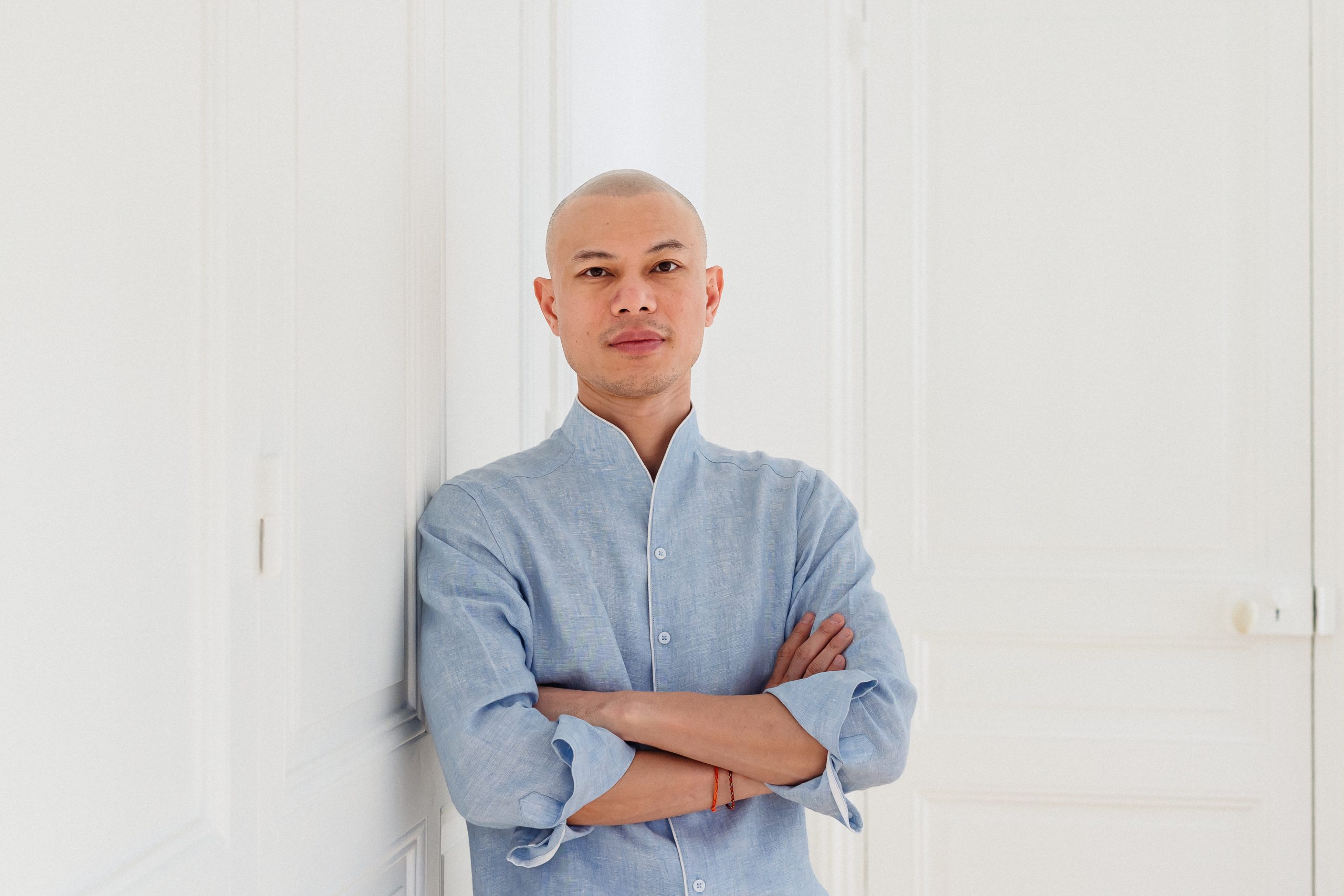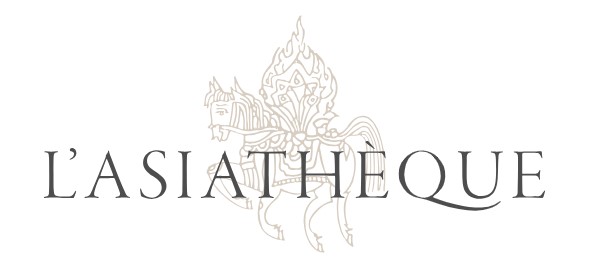Jean-Baptiste Phou
Writer, artist
August-October 2026

- Literature
- San Francisco
“I am going to the United States to hear how other members of the Cambodian diaspora invent ways of living with wounds and silences in exile — and sometimes, of transcending them.”
I was born in Paris into a Sino-Cambodian family marked by exile, where the history and culture of my origins were barely transmitted. After a detour through finance, I chose art as a space to seek, understand, and tell stories. I began with theater, before expanding my practice to new forms: writing, sound works, installations, and film.
My research focuses on diasporic and queer identities, with particular attention to what is expressed through silences and ruptures. I am interested in how personal histories intersect with political and social issues, especially in contexts marked by genocide, trauma, or marginalization. I listen closely to voices that are rarely heard, to fragmented life paths. The question of intimacy — what shapes us despite ourselves, and chosen forms of kinship — runs as an undercurrent through all my work, regardless of form.
For several years, I have been working between France and Cambodia, paying attention to what circulates across generations, languages, and territories, and tracing a diaspora that continues to reinvent itself wherever it is found.
Jean-Baptiste Phou is a Franco-Cambodian writer, director, and artist. He has published Cambodge, me voici! and 80 mots du Cambodge (L’Asiathèque), as well as La Peau hors du placard (Seuil), translated into English as Coming Out of My Skin (Seagull Books); the latter was presented at the Musée du Quai Branly and adapted into a solo performance at the Institut français du Cambodge. His short film La Langue de ma mère won the Audience Award for documentary at the Vesoul Festival in 2023. He is the founder of Sâmleng, a platform dedicated to Cambodian voices in the arts.
After spending several years exploring, through my artistic practice, the suffering and legacies associated with the Cambodian genocide, I now wish to open a new cycle of research and writing focused on the question of healing.
My project at Villa Albertine will take the form of a collective book bringing together Cambodian voices from the diasporas — first in the United States, then in France and other regions. Through stories, essays, and open forms, it will explore paths of repair: how does one recover after war, exile, or displacement? What is passed on from these wounds, and what is chosen to be transformed?
The residency will allow me to begin this research in San Francisco, in collaboration with Professor Khatharya Um (Associate Dean at UC Berkeley), who will contribute to structuring the book and identifying contributors. I will also meet with Cambodian communities in the Bay Area to better understand the challenges they face and the ways they cope with them.
In parallel, I will conduct research on Anthony Veasna So, one of the most brilliant writers of his generation, whose collection Afterparties made a significant impact. He passed away suddenly in 2020 at the age of 28, leaving behind work that depicts, with humor and acuity, the life of Khmer-American communities and young generations in Northern California. I will visit the places that shaped his imagination to examine what he experienced, what he left behind, and to open a broader reflection on mental health in artistic trajectories.
The materials gathered during this residency — through narratives, encounters, and field observations — will feed into a writing project on care, transmission, and diasporic reinvention.
The United States is now home to the largest Cambodian diaspora outside Southeast Asia, with many communities formed by post-1975 exile, spread across the country.
The San Francisco Bay Area, in particular, interests me as a place where strong social, intellectual, and cultural dynamics intersect: one of the oldest and largest Khmer diasporas, marked both by experiences of precarity and by the emergence of elites, distinctive artistic voices, and community solidarities. I aim to explore forms of individual and collective reconstruction through visits to organizations such as CERI in Oakland, APSARA in Stockton, or CARA in San José, and through exchanges with local figures of the Khmer community.
The residency will also allow me to engage with researchers and students at UC Berkeley, a pioneering campus in Asian American studies, and to immerse myself in a dense, committed intellectual ecosystem.
This territory is also that of Anthony Veasna So, a queer Cambodian-American writer born in Stockton, educated at Stanford, based in San Francisco, and who worked in Oakland. Retracing his steps, walking through the places he inhabited and described, is for me an attempt to enter into a dialogue with him — as one would seek a brother never met.
In partnership with

L’Asiathèque Maison des Langues du Monde

The Asian American and Asian Diaspora Studies Program


